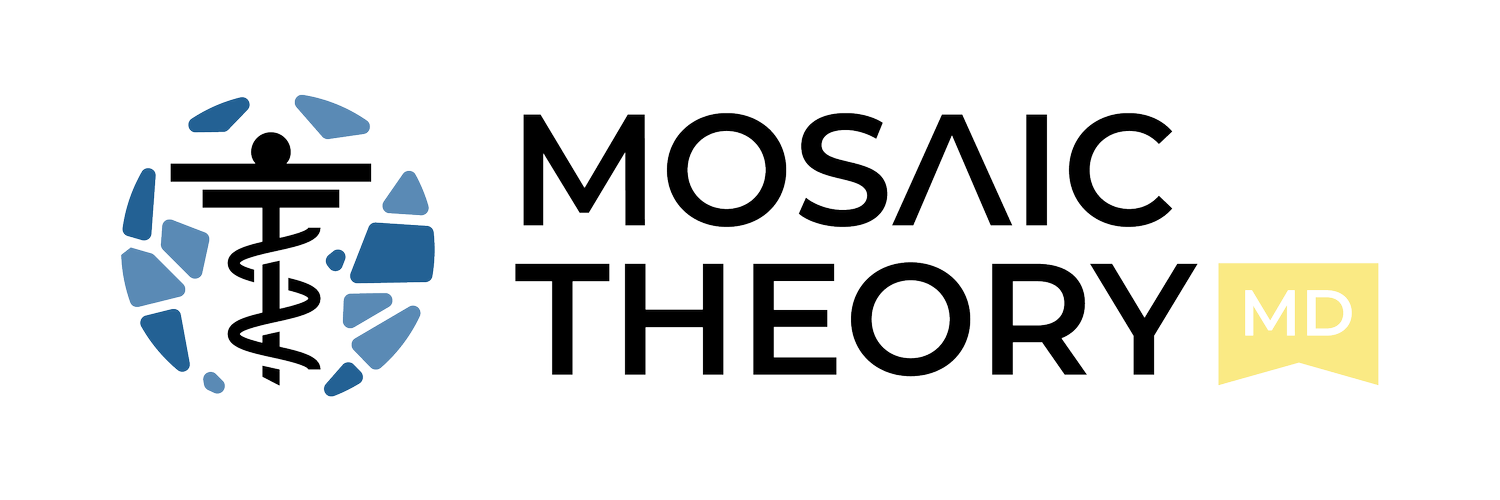Sleeping pills aren't actually helping you sleep
By Dr. Anusha Khan
Good quality sleep is essential not only for our brains to function well but it’s also vital for our metabolic health. Countless of studies have found powerful associations between insufficient sleep and adverse health outcomes. Deprivation in sleep causes the quickest reduction of health. If you’ve ever experienced a state of pure exhaustion from lack of sleep and desperately needing it- you know how valuable sleep is to a human body.
When one struggles to acquire this precious commodity through circadian rhythm and natural sleep pressure, one might turn to sleeping aids. For the purpose of this discussion, we can categorize sleeping aids into two categories: prescription sleeping pills and non-prescription sleeping pills.
Contrary to popular belief, prescription sleeping aids (most popular Ambien and Lunesta) don’t actually help you “sleep”. They are hypnotics that simply make you unconscious. There’s a difference between being sedated and sleeping. Anyone can punch you in the face and knock you unconscious. That doesn’t mean you’ve gone to sleep. During sleep, the brain wave activity goes through certain changes and stages, (Non-REM and REM) dictated by specific brain waves. Being unconscious doesn’t involve any of that. These medications actually alter the architecture of sleep in adverse ways, in that they can restrict the deeper brain waves produced during REM sleep, leading to grogginess and forgetfulness the following morning. Benzodiazepines such as Xanax and Valium are similar to hypnotics. All of these have actually been linked to increased risk of death. In fact, they have also been linked to weakening the immune system, leading to higher rates of infection. To add insult to injury, when you stop these sleeping pills, the so called “benefit” goes away and you might even make your sleep problem worse (“rebound insomnia”).
In the 2018 NIH study, Hynotic Drug risks of mortality, infection, depression, and cancer: but lack of benefit, the FDA not only highlighted the lack of benefits these drugs were providing but also updated the mortality risk warning against these medications. In fact, in 2016 the American College of Physicians (ACP), an organization comprised of specialists in the field of Internal Medicine, stated that sleeping pills must no longer be the first line recommendation for insomnia. Instead, first line treatment should be CBT-I: Cognitive Behavioral Therapy for Insomnia. CBT-I is a non-pharmaceutical psychological method, working with a therapist. And the benefits can last for years even after stopping.
Of the prescription sleeping aids, Trazodone is one that may be the least harmful. Initially formulated as an anti-depressant, it has since acquired an off-label use for insomnia. Trazodone has been shown to have some effect on improving quality of sleep and decreasing the number of awakenings. While it has fewer side effects compared to other prescription sleeping aids, it should still be used cautiously.
Let’s now turn to non-pharamcological sleeping pills. They are over the counter.. so they must be safe.. right? Not quite.
Benadryl is an over-the-counter medication that is doubled as a sleeping aid, while primarily used for treatment of seasonal allergies. It is an H1-receptor antagonist, meaning it blocks the H1-receptors on airway cells to block effects of histamine, and thereby lowering an allergic response. But H1-receptors are similar to muscarinic receptors. A chemical called acetylcholine works on these muscarinic receptors. This chemical in the brain is vital for communication between cells. Because H1-receptors and muscarinic receptors are so similar in structure, Benadryl ends up blocking muscarinic receptors in addition to the H1 receptors, although to a lesser degree. This blockade can cause drowsiness, which is perceived as sleepiness. In fact, this blockade can also cause confusion and memory loss. To make the parallel to Alzheimer’s dementia, loss of acetylcholine is what causes memory loss and confusion in the disease process. Taking Benadryl has the same effect - by blocking acetylcholine communication with its muscarinic receptor. That “brain fog” you feel after taking Benadryl for allergies, is due to the same reason. Which is why it’s easy to understand that long-term use of these types of medications (Benadryl/Tylenol PM) is associated with increased risk of dementia, especially in older adults.
What about melatonin? Melatonin may have a benefit for deep non-REM sleep and it can help timing of sleep. But it doesn’t necessarily change the quantity or quality of that sleep. Melatonin is a hormone produced in our brain that helps with the timing of the circadian rhythm - darkness stimulates the production of melatonin and light blocks it. When there’s a buildup of enough melatonin, we get “sleep pressure” which initiates sleep. Therefore, taking exogenous melatonin can help with retaining your sleep rhythm but it won’t necessarily affect quantity or quality of that sleep. But if you take too high of a dose, your own natural production of melatonin will decrease (much like taking too much testosterone causes a decrease in natural testosterone production). While melatonin is comparatively a better option than the sleeping aids mentioned earlier, problem with melatonin is that it’s a supplement that is not FDA regulated. Which means amounts claimed on the labels of different brands can vastly differ from what’s actually being supplied in the bottle. It’s important to pick a brand that has gone through third party verification to certify that the label is correct in claiming the amount of supplement being supplied.
Sleep is foundational for health. Nutrition and exercise can only go so far if your foundation is weak. While short-term use of sleeping aids can provide temporary relief, it’s best to only use them as a bridge to behavioral therapies that can help achieve quality sleep as a long term goal.
